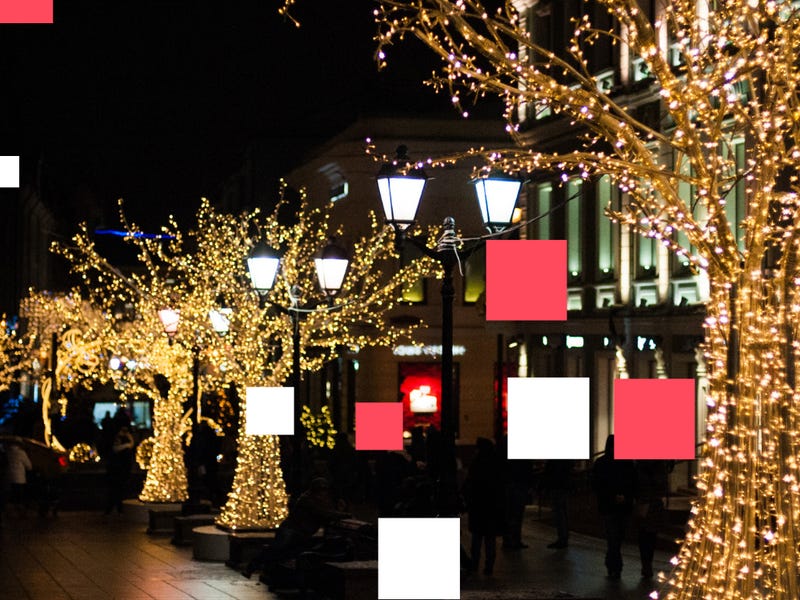Days of the Week in French: Their Meaning and Influence

Lundi (Monday): The Day of the Moon
Our journey begins with "Lundi," which is the French equivalent of Monday. The name "Lundi" originates from the Latin word "dies lunae," meaning "day of the moon." In French, you can often trace the roots of words back to their Latin origins. Just like the Moon sets the rhythm for the week, "Lundi" sets the tone for your workweek. It's a day of fresh beginnings and a time to kickstart your productivity.
Mardi (Tuesday): Honoring the God of War
On to "Mardi," or Tuesday, which pays homage to the Roman god of war, Mars. In French, "Mardi" is a day of action, similar to the fiery energy associated with Mars. It's a day to tackle your tasks and charge forward with determination.
Mercredi (Wednesday): The Middle of the Week
"Mercredi" is the French word for Wednesday. This day is named after the Roman god Mercury, known for his quick wit and adaptability. In the middle of the week, "Mercredi" represents flexibility, a time to adjust your plans, and a reminder that the weekend is just around the corner.
Jeudi (Thursday): A Tribute to Thunder
"Jeudi," or Thursday, is named after the Roman god Jupiter, the god of thunder and lightning. In French, "Jeudi" carries a sense of power and strength, making it an ideal day for asserting your authority and achieving your goals.
Vendredi (Friday): The Day of Love
Ah, "Vendredi"! Known as Friday in English, it gets its name from the goddess Venus, the embodiment of love and beauty in Roman mythology. "Vendredi" is a day to celebrate life, love, and all things beautiful. It's a day when you can take a break from your busy week and enjoy the finer things in life.
Samedi (Saturday) and Dimanche (Sunday): The Weekend Duo
The weekend in French comprises "Samedi" (Saturday) and "Dimanche" (Sunday). "Samedi" retains the Roman influence, being named after the god Saturn, associated with leisure and enjoyment. It's a day for relaxation and fun. "Dimanche," on the other hand, is a tribute to the Sun, and it signifies the end of the week, a time for reflection and recharging for the week ahead.




